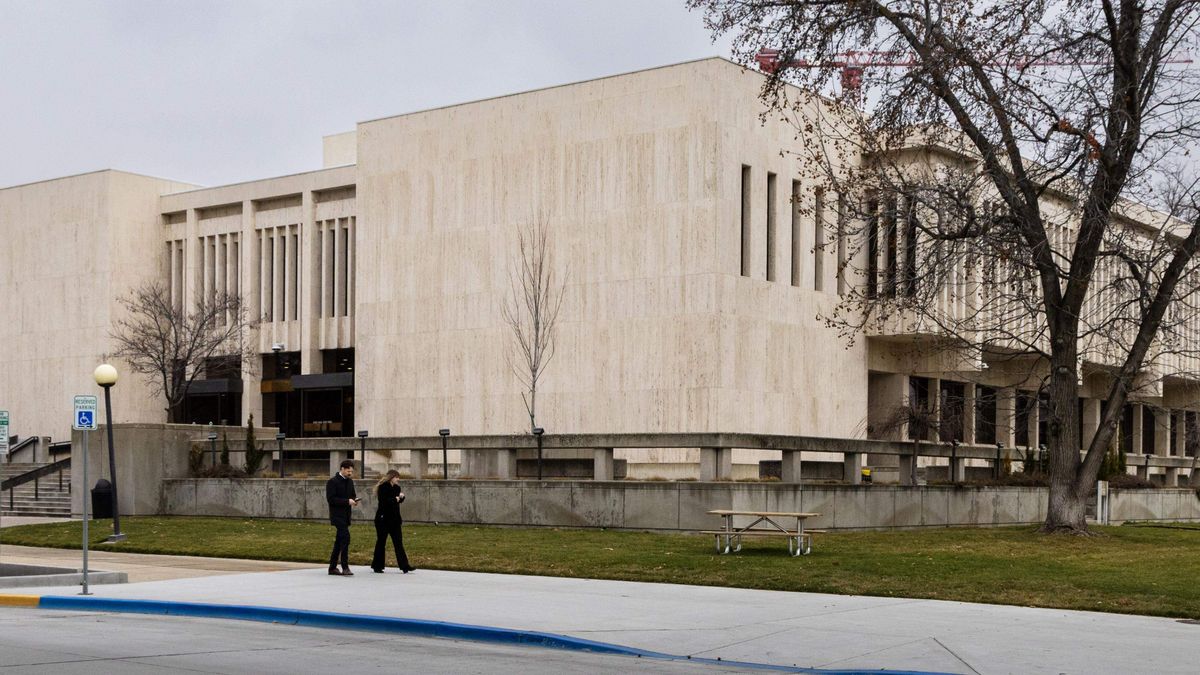Now that the IRS hasn’t been successful in regulating tax return preparers, it is hoping that Congress can do the dirty work.
Two members of the House of Representatives – Diane Black (R-Ten.) and Pat Meehan (R-Penn.) – – have introduced the “Tax Return Preparer Competency Act” (H.R. 4141). Under the proposed law, tax return preparers would have to pass a competency test, clock in on at least 15 hours of continuing education (CE) classes a year and submit to a background check. As before, preparers will also have to obtain and maintain Professional Tax identification numbers (PTINs).
But not every tax return preparer will be forced to jump through the regulatory hoops. CPAs, enrolled agents and tax attorneys are specifically exempt from the new proposed requirements.
The bill follows close on the heels of the IRS’ release of the Dirty Dozen list of tax scams for 2015 warning of of “dishonest preparers who set up shop each filing season to perpetrate refund fraud, identity theft and other scams that hurt taxpayers.” The stated objective of the new bill is to ensure tax return preparer competence and deter such fraud.
It’s been a long and arduous road to this point. At first, the IRS took matters into its own hands by implementing a testing and registration program, comparable to the proposal currently on the drawing board. But three unlicensed tax return preparers – Sabina Loving, John Gambino, and Elmer Kilian – challenged the IRS in court, saying that the nation’s tax collection agency didn’t have the statutory authority to regulate them. The District Court in Washington D.C. agreed with the tax return preparers and so did the Appellate Court.
Eventually, the IRS threw in the towel and instituted a voluntary program. Despite the IRS’ claims that the program was working, the AICPA objected, even going so far as to initiate a legal action. IRS Commissioner John Koskinen has conceded that this matter is best left to the nation’s lawmakers.
Black and Meehan have taken up the gauntlet. “While Congress continues working towards a fairer, flatter, simpler tax code that will enable more Americans to complete their taxes on their own, we must also act now to rid out fraud and protect taxpayers from fly-by-night tax preparers who lack a basic background check and the requisite training to handle Americans’ most sensitive information,” said Black in a press release. Echoed Meehan, “This bill is a prudent measure to weed out scam artists and help protect taxpayers from identity theft and fraud.” He reiterated that taxpayers have the right to know that their personal information is safe.
Even if the bill doesn’t make it to the president’s desk, or he declines to sign it, it appears that some regulation of paid tax return preparers is inevitable. We will continue to keep you posted on the progress of this latest bid and related efforts.
Thanks for reading CPA Practice Advisor!
Subscribe Already registered? Log In
Need more information? Read the FAQs



